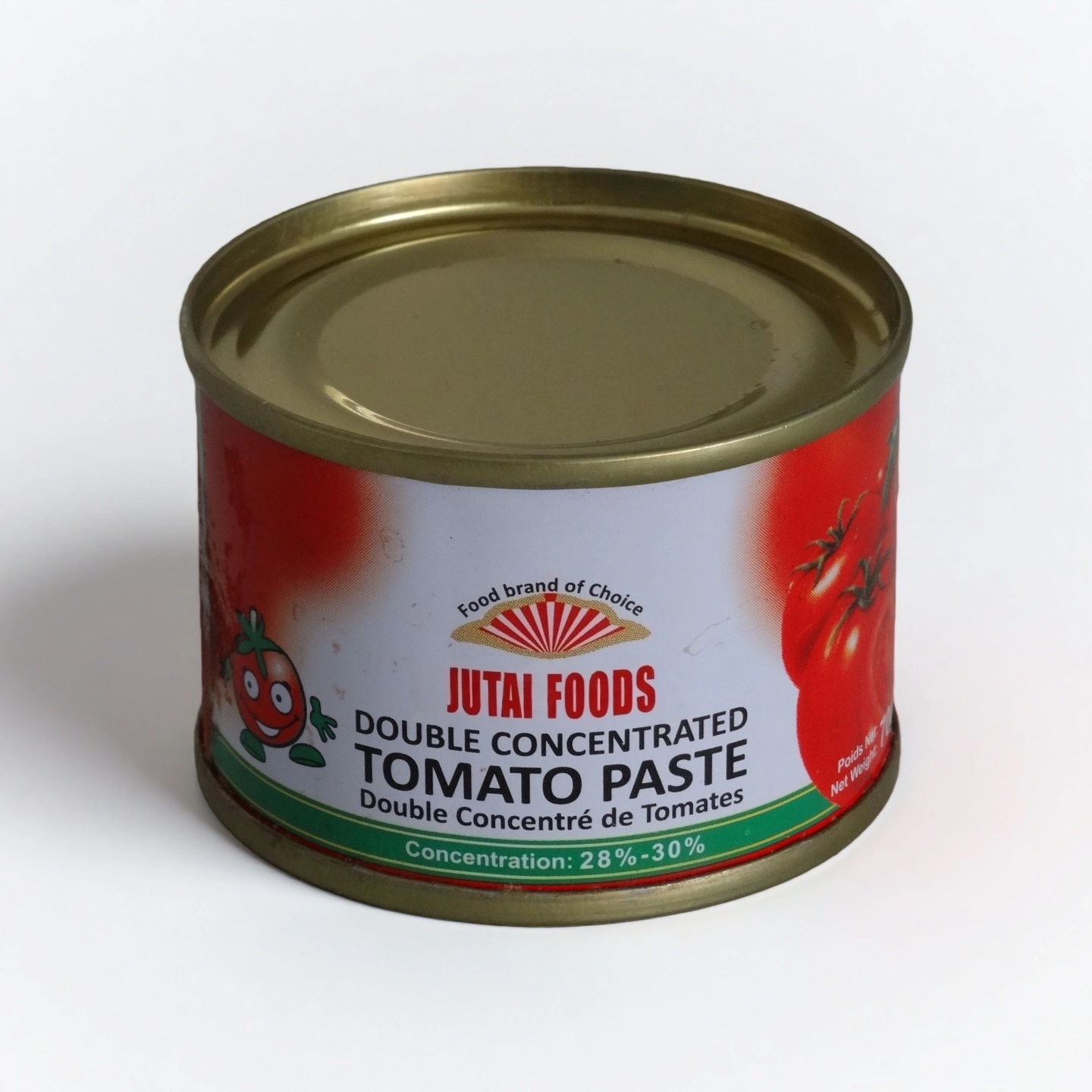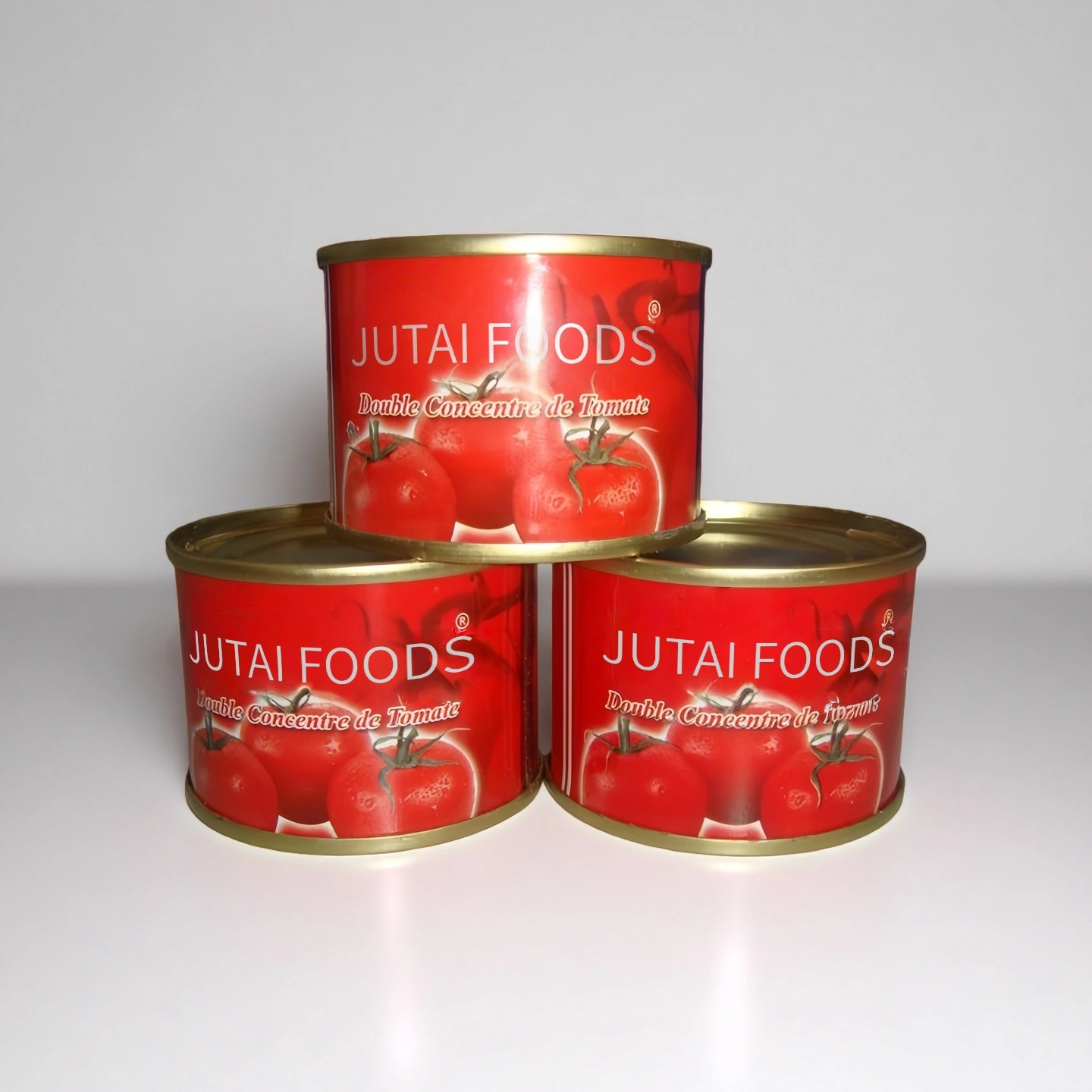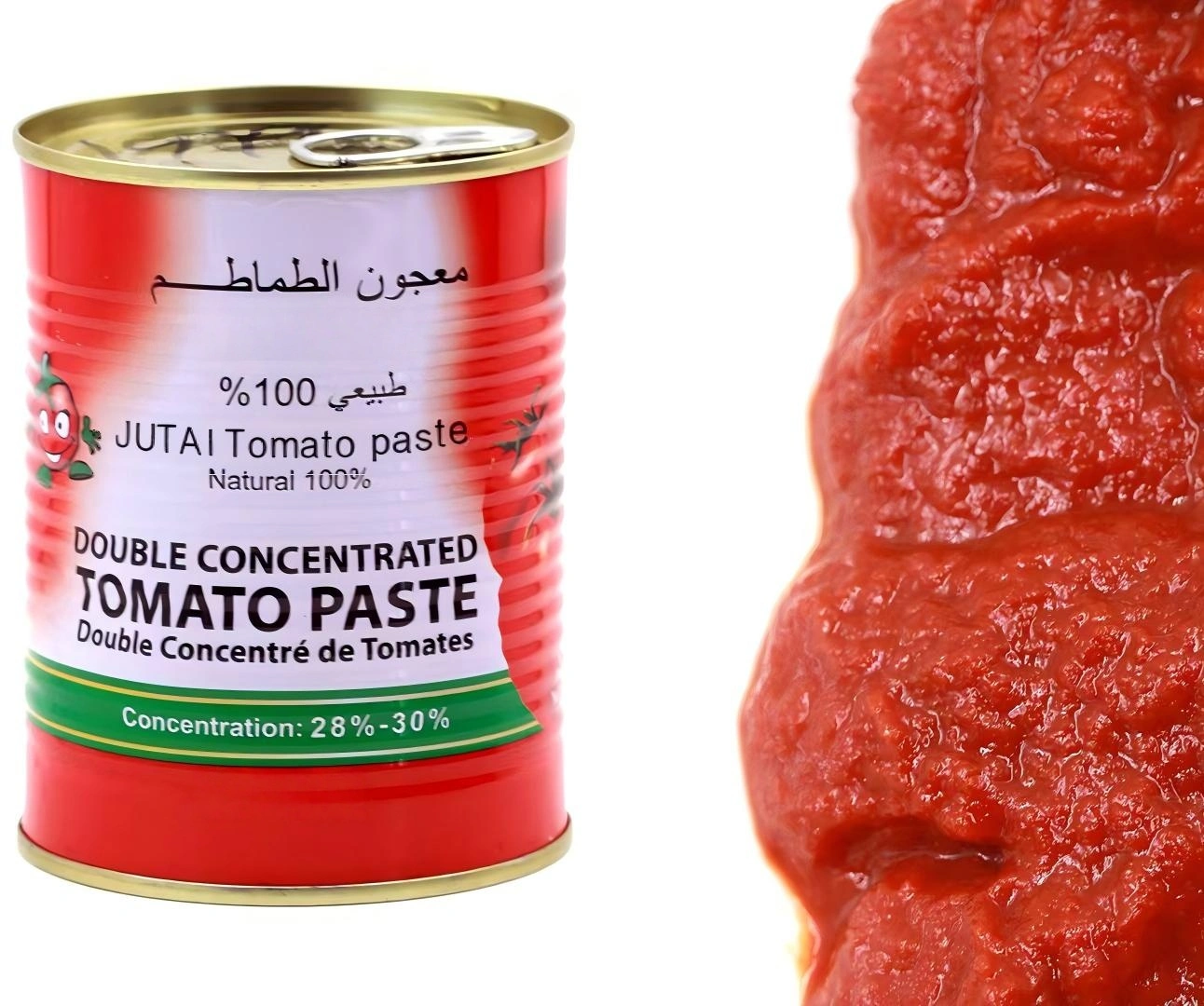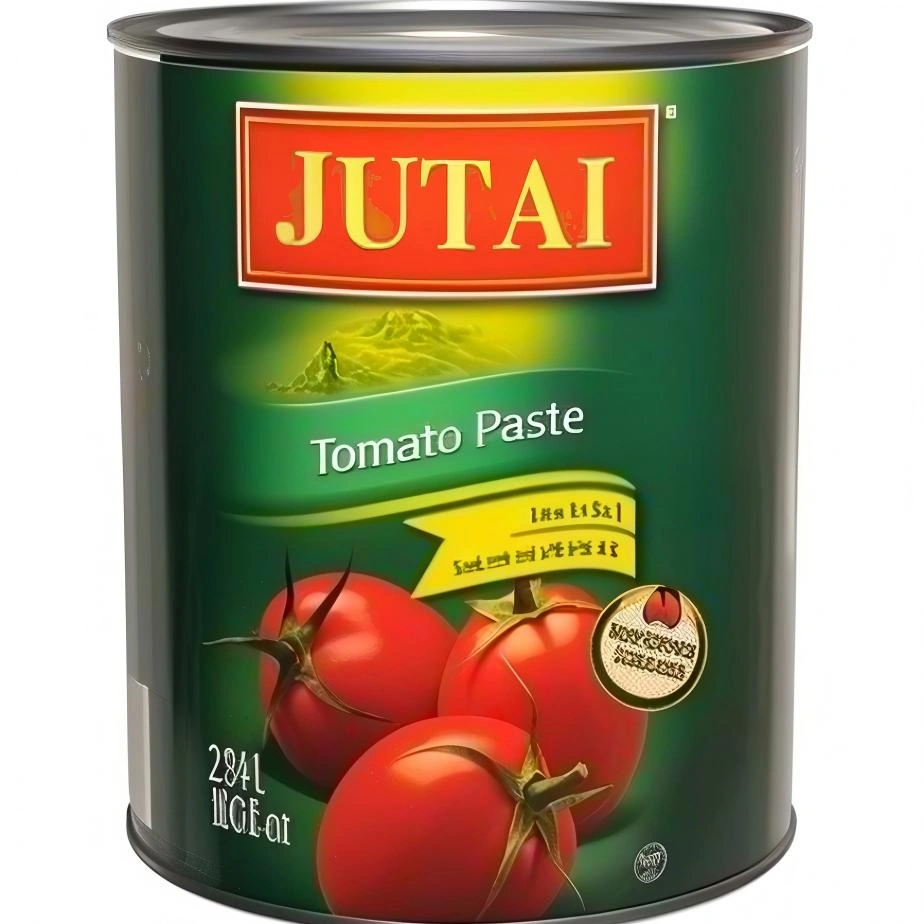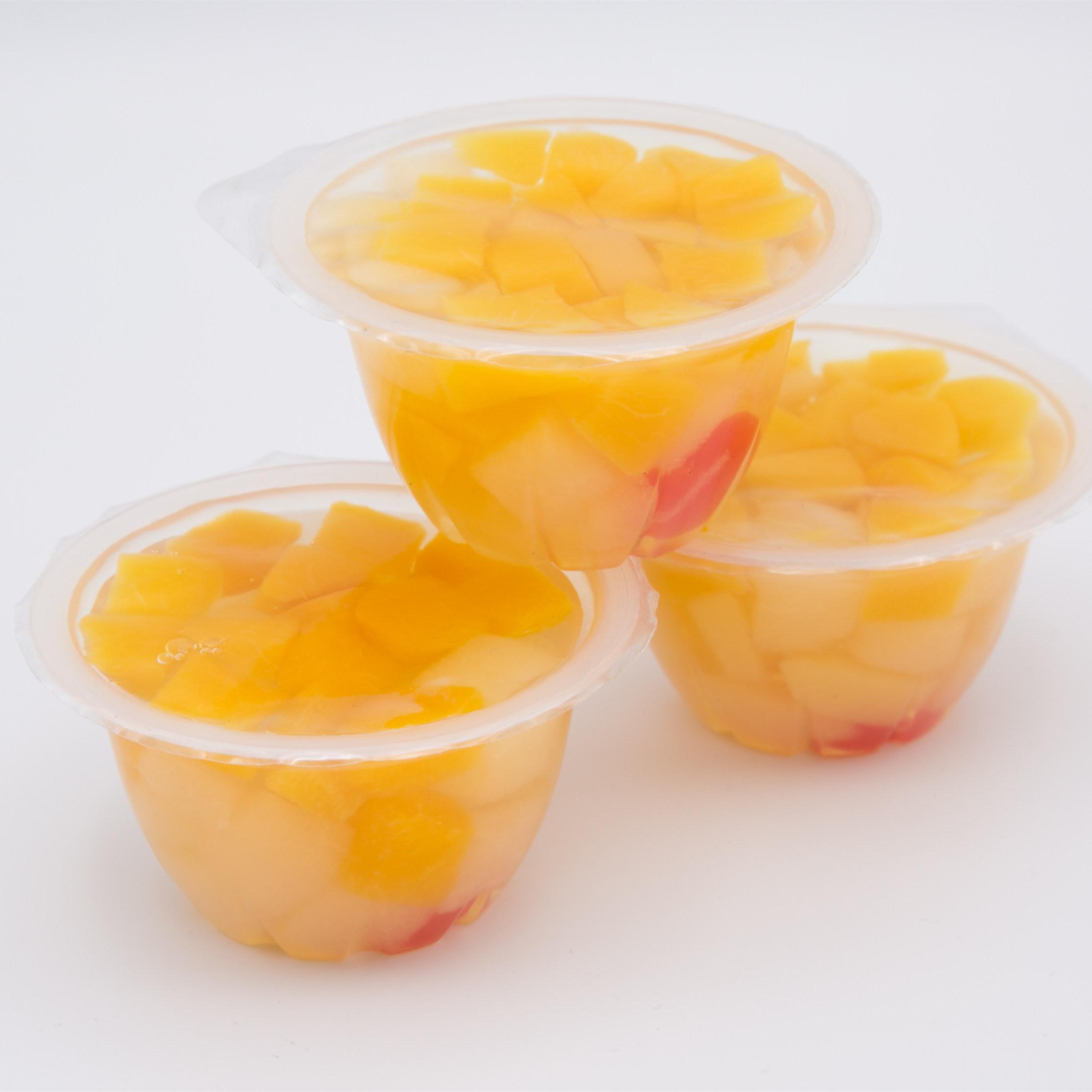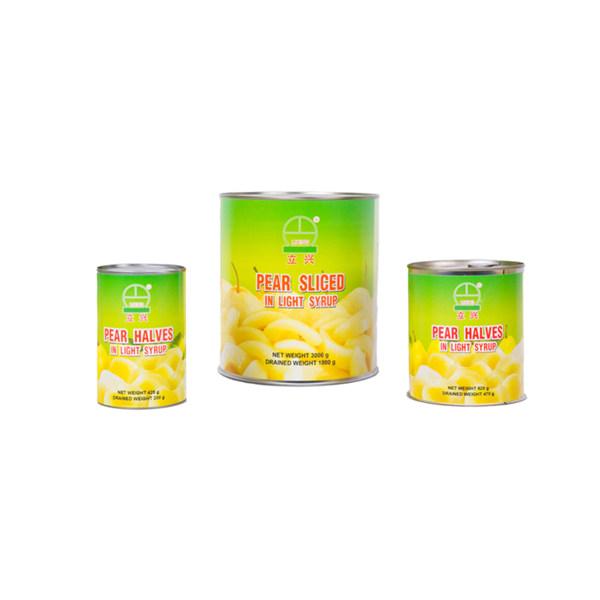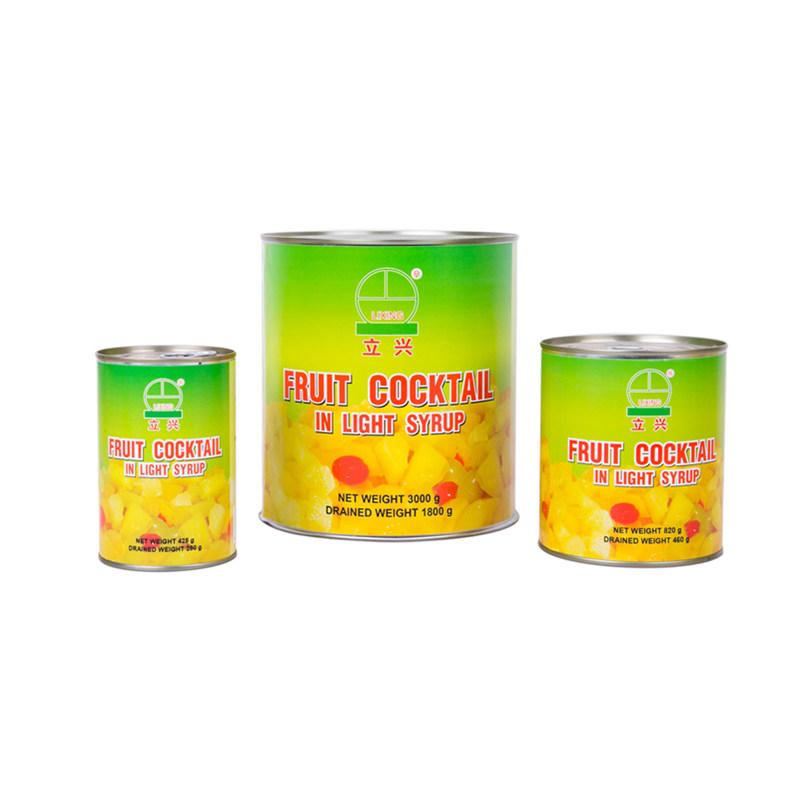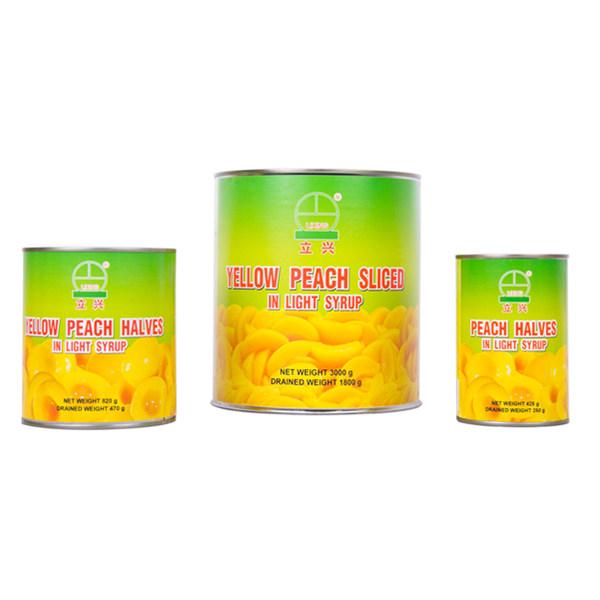How Nutritious Are Canned Peaches
Are canned peaches healthy? This article explores the nutritional value of canned vs. fresh peaches, supported by research data and expert insights. Learn how processing affects vitamins, why canned fruit remains a smart choice, and how Jutai Foods Group Limited ensures high quality, safe, and delicious products exported to over 80 countries worldwide.
When you're standing in the fruit aisle of your local supermarket, wondering whether to go for that shiny, syrup-soaked can of peaches or the fuzz-covered fresh ones, you're not alone. The convenience of canned fruit is undeniable. But there's always that nagging question: are canned peaches actually nutritious? Surprisingly, the answer is more complex—and more positive—than many assume.
This article dives deep into the nutritional science behind canned peaches, backed by research data, global market trends, and insights from leading producers like Jutai Foods Group Limited, a trusted name in the canned food industry based in Qingdao, China.
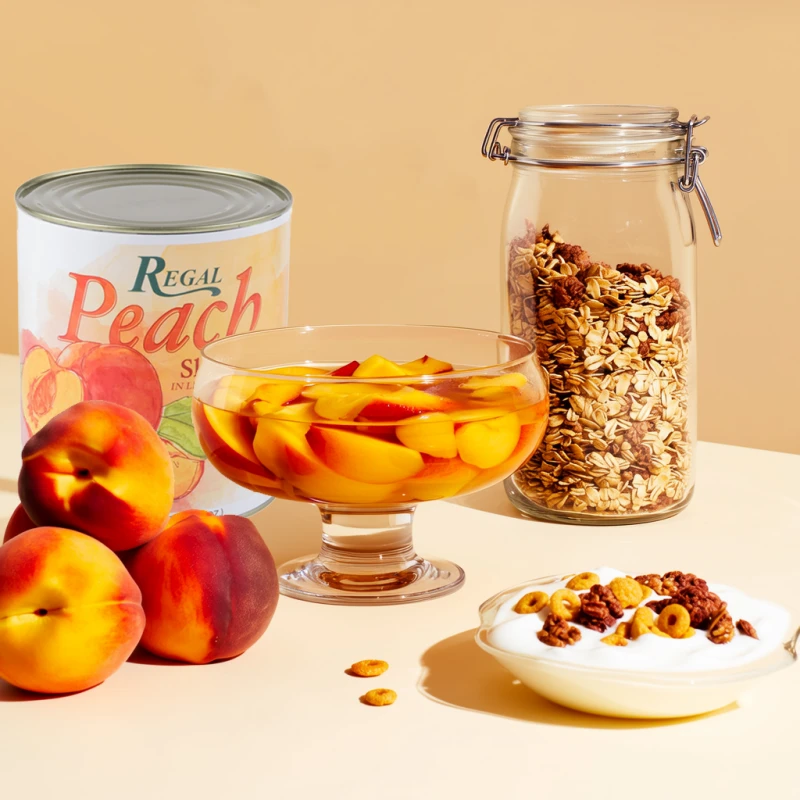
Cereal milk and canned peaches are a good combination.
Fresh vs. Canned Peaches: A Nutritional Face-Off
Let’s start by addressing the elephant in the can—how do canned peaches compare to their fresh counterparts when it comes to nutrition?
Table 1: Nutritional Comparison (Per 100g)
| Nutrient | Canned Peaches (in syrup) | Canned Peaches (in juice) | Fresh Peaches |
|---|---|---|---|
| Calories | 83 | 58 | 39 |
| Carbohydrates (g) | 21.6 | 14.9 | 9.5 |
| Sugars (g) | 18.7 | 12.6 | 8.4 |
| Vitamin C (mg) | 1.5 | 2.0 | 6.6 |
| Vitamin A (IU) | 300 | 350 | 326 |
| Fiber (g) | 1.4 | 1.5 | 1.5 |
Fresh peaches undoubtedly have lower calorie and sugar content. However, canned peaches—especially those packed in juice rather than syrup—aren’t as far off as many people believe. Notably, the fiber content holds up well, and the vitamin A content is quite comparable.
The Canning Process: What Really Happens?
The primary concern with canned fruits lies in the processing. Peaches are blanched, peeled, sliced, and then either stored in syrup or juice before undergoing heat-based sterilization. This thermal processing inevitably causes some nutrient degradation, particularly in heat-sensitive compounds like Vitamin C.
Table 2: Vitamin Retention During Canning Process
| Vitamin | Fresh Peaches (mg/100g) | Canned Peaches (mg/100g) | Retention Rate (%) |
|---|---|---|---|
| Vitamin C | 6.6 | 1.5 | 23 |
| Vitamin A | 326 | 300 | 92 |
| Folate | 4.0 | 2.5 | 63 |
| Thiamine (B1) | 0.02 | 0.015 | 75 |
| Riboflavin (B2) | 0.03 | 0.02 | 67 |
Key Insight:
Vitamin C takes a hit, but Vitamin A and most B vitamins fare surprisingly well. Fiber is largely retained, making canned peaches a viable choice nutritionally—especially when packed in juice rather than syrup.
Hidden Health Benefits of Canned Peaches
Despite the partial loss of some nutrients, canned peaches do offer unique advantages:
1. Year-Round Accessibility
Canned peaches are shelf-stable, making them available regardless of season or supply chain issues. They offer consistent quality, unaffected by climate, pestilence, or crop failure.
2. Portion Control and Convenience
Opening a can is easy—no washing, peeling, or chopping. For busy consumers, that convenience often determines whether fruit is consumed at all.
3. Food Safety and Shelf Life
The canning process kills bacteria and prevents spoilage for years. Plus, the sterile environment means fewer foodborne illnesses, which is critical for vulnerable populations like children and the elderly.
A Global Market Snapshot: Why Canned Peaches Matter
Canned peaches are not just a kitchen staple; they are an international commodity. Here’s how the global market stacks up.
Table 3: Global Canned Peach Market Overview
| Country | Export Volume (1000 tons) |
|---|---|
| China | 450 |
| Spain | 180 |
| South Africa | 120 |
| Greece | 95 |
| USA | 80 |
Analysis:
China dominates the global canned peach market—and it’s no coincidence that Jutai Foods Group Limited plays a significant role here. With its expansive production facilities and robust export network, Jutai contributes substantially to this volume, delivering top-grade canned fruits to over 80 countries.
Jutai Foods Group Limited: Elevating Canned Fruit Standards
Let’s talk about why brands matter—especially in food. All canned peaches are not created equal. Some are packed in syrup so sweet they might as well be dessert. Others use high-quality, sustainably-grown fruit and minimal added sugars.
Jutai Foods Group Limited, based in the port city of Qingdao, is a model of innovation and integrity in the canned food industry.
Why Choose Jutai?
ISO22000, BRC, HACCP, FDA, KOSHER Certified
Over 20,000 tons exported annually
In-house science lab, R&D team, and own planting base
OEM and LCL services for global partners
Active in market analysis to adapt to trends
Serving more than 80 countries and regions globally
With meticulous control over quality from field to can, Jutai’s canned peaches are designed to retain maximum nutrients, taste, and texture. Whether you’re a distributor, retailer, or private label brand, Jutai ensures every can tells a story of premium quality and care.
A Final Thought: Nutrition Is More Than Numbers
It’s easy to get caught up in decimal points and retention percentages. But let’s zoom out.
If your choices are between a bag of chips or a can of peaches—go with the peaches.
If fresh peaches are out of season or overpriced, canned peaches are a smart swap.
And if you care about the quality and origin of your food, choosing a reputable brand like Jutai is a no-brainer.
Peaches—whether canned, jarred, or fresh off the branch—are a celebration of natural sweetness. What matters is access, balance, and making informed choices.
In Summary
Canned peaches retain a solid nutritional profile, particularly when packed in juice.
Vitamin C is reduced, but Vitamin A and fiber are preserved well.
Convenience, safety, and accessibility make canned peaches a strong contender in any pantry.
Brands like Jutai Foods Group Limited ensure quality, consistency, and global standards in every can.
And when comparing cost, usability, and shelf life—canned often wins out, especially for busy families and global distributors.
Let’s Talk Peaches
Want to know more about how Jutai can support your brand or distribution channel?
Contact us today — you’ll receive a response within 24 hours.
Jutai Foods Group Limited – Supplying the world with better canned fruits, one peach at a time.
